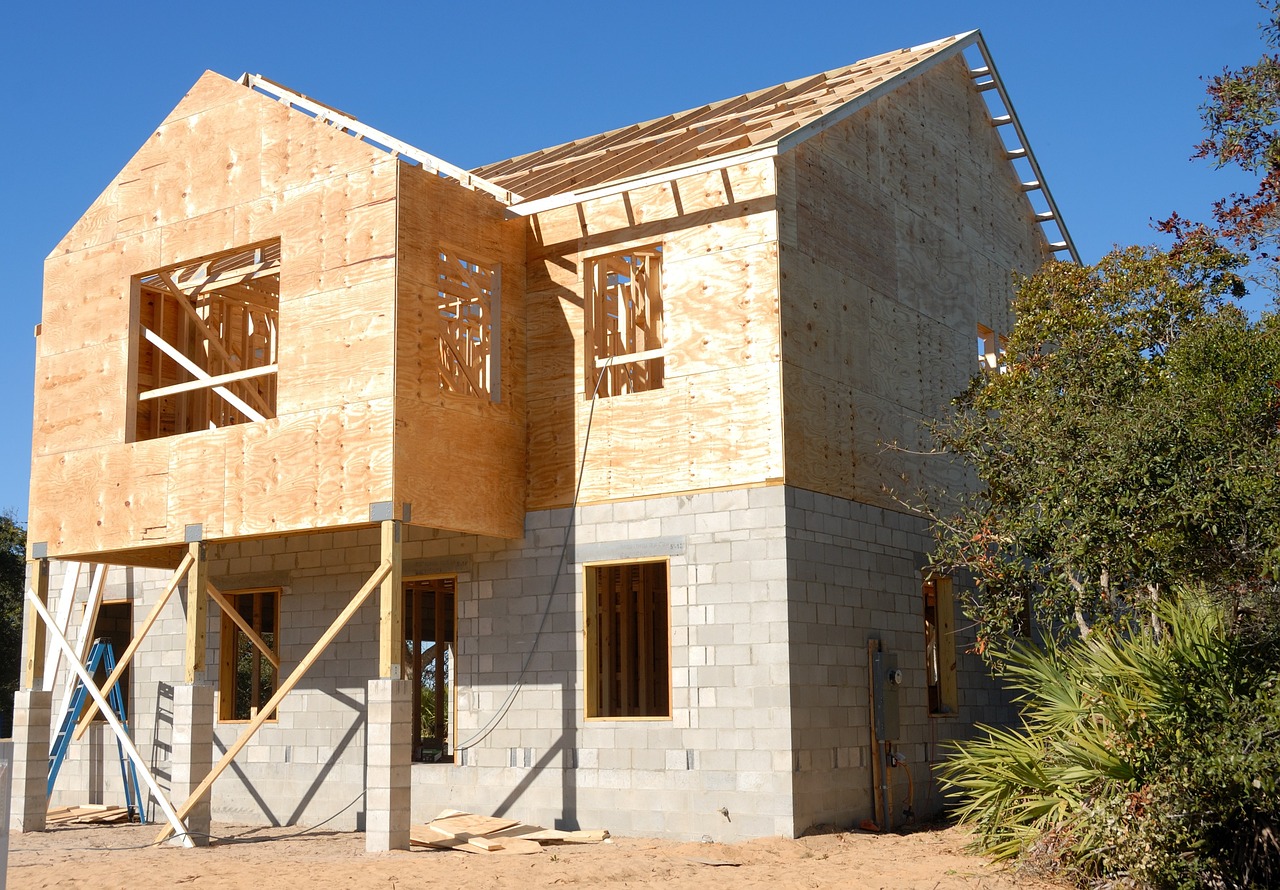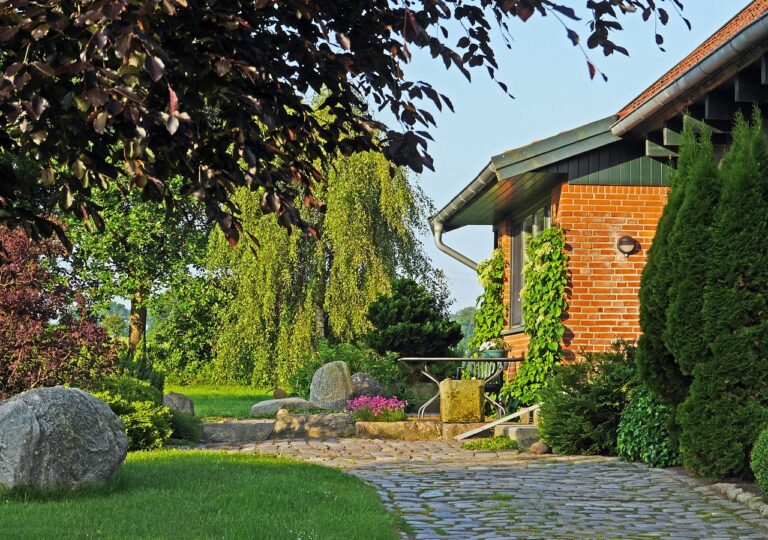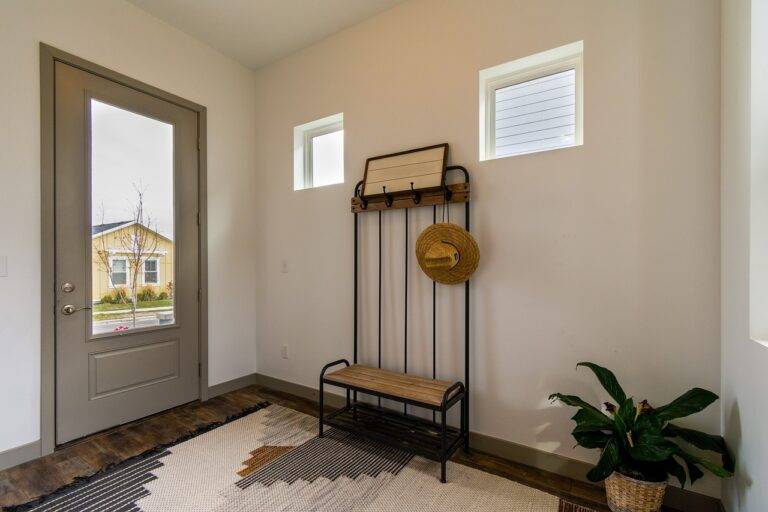The Rise of Smart Home Systems: Enhancing Comfort and Security
Smart home systems have come a long way since their inception. The concept of a connected home first emerged in the late 1970s with the introduction of X10, a communication protocol that allowed compatible devices to communicate over power lines. This early form of home automation laid the foundation for what would later evolve into the sophisticated smart home systems we see today. The idea of controlling appliances and other devices remotely through a central system quickly gained popularity, leading to advancements in technology and the birth of modern smart home devices.
The 21st century brought significant advancements in smart home technology, with the introduction of wireless communication protocols such as Z-Wave and Zigbee. These protocols allowed for easier and more reliable communication between devices, paving the way for the development of interconnected smart home ecosystems. The rise of voice assistants like Amazon’s Alexa and Google Assistant further revolutionized the way we interact with our smart home devices, making it easier than ever to control our homes with simple voice commands.
• Smart home systems have evolved from early communication protocols like X10 in the late 1970s
• Introduction of wireless communication protocols such as Z-Wave and Zigbee in the 21st century
• Voice assistants like Amazon’s Alexa and Google Assistant have revolutionized how we interact with smart home devices
Benefits of Smart Home Systems
Smart home systems offer convenience and efficiency by allowing users to control various aspects of their home from anywhere in the world. With the ability to manage lighting, temperature, security systems, and even household appliances remotely, homeowners can enjoy increased comfort and peace of mind. The automation features of smart home systems also help save time and energy by streamlining daily tasks and routines.
In addition to convenience, smart home systems enhance the overall security of a property. By integrating surveillance cameras, smart locks, and motion sensors, homeowners can monitor their home’s security in real-time and receive instant notifications of any unusual activity. This added layer of protection not only deters potential intruders but also provides occupants with a sense of safety and control over their living environment.
Key Features of Smart Home Systems
One of the key features of smart home systems is the ability to remotely control various devices and appliances in the house. Through the use of mobile applications or voice commands, homeowners can easily adjust the thermostat, turn on lights, or even lock/unlock doors from anywhere. This convenience not only enhances comfort but also improves energy efficiency and security.
Another important feature is the integration of different smart devices to create a cohesive and connected home ecosystem. With a smart hub as the central control unit, devices such as smart lights, security cameras, and smart speakers can interact with each other, enabling automation and synchronization for a seamless living experience. This interoperability allows for increased customization and personalization according to individual preferences and routines.
What is a smart home system?
A smart home system is a network of interconnected devices and appliances that can be controlled remotely and automated to make your home more convenient, efficient, and secure.
What are the benefits of smart home systems?
Smart home systems offer benefits such as increased convenience, energy efficiency, home security, and remote monitoring capabilities.
What are the key features of smart home systems?
Key features of smart home systems include voice control, remote access via smartphone apps, automation of devices, energy monitoring, and integration with other smart devices.
Can I install a smart home system in my existing home?
Yes, smart home systems can be installed in existing homes with the help of professional installers or DIY kits available on the market.
Are smart home systems secure?
Smart home systems employ encryption and authentication protocols to ensure the security of your data and privacy. It is important to choose reputable brands and regularly update your system to protect against potential vulnerabilities.







